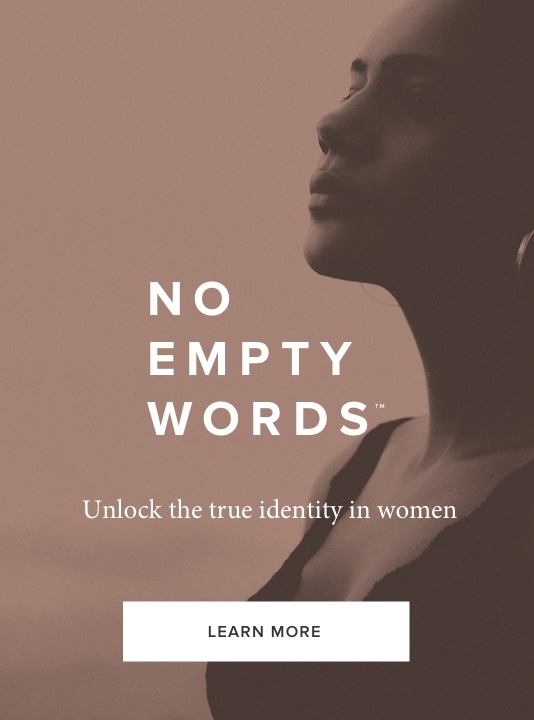At the beginning of every year, we start to see the ads for 25% off gym memberships or free consultations from health coaches. I’m all for focusing on my physical health and finding a new workout routine that will keep me energized, but over this last year, I have experienced different ways my husband and other loved ones have encouraged me to focus on my mental health as well.
This past year wasn’t easy for me and my family. At the beginning of the year, we were dealing with in-law troubles, I started going to counseling for depression and anxiety, my husband and I both made major career changes – a switch that hasn’t exactly gone smoothly – and finally, we lost my favorite aunt and mother-like figure to cancer.
So many times I felt defeated and broken, but from the very beginning, my husband and friends were a rock through it all. They supported me in ways that were surprising to me, not because I didn’t think they were supportive, but because I didn’t know I needed that kind of support.
Here are some ways you can support your loved ones in their journey with their mental health:
- Let them cry
When you’re going through a lot, it can be really hard to keep your emotions in check. But the reality is you shouldn’t have to. Difficult life circumstances come with difficult emotions and we all need a safe place to let that out.
Despite my crying a lot this year, my husband never commented on it, never made me feel like a burden – he just handed me a tissue and listened. I would never have guessed that allowing someone to experience their big emotions can be such a validating and supporting feeling.
- YOU need to be mentally healthy
This one wasn’t easy for us. This took years – and I mean years – of work before getting it right. For a long time, my husband said he wanted to seek counseling, but he never took the step to do it. At times I would encourage him, give him the number for different counselors, or flat out yell at him to go (I don’t recommend that route).
Finally, earlier this year when we were going through some difficulties with in-laws, he decided to take the plunge and go talk to someone. As soon as he did, I slowly started seeing a difference in him. Now I won’t say it was easy. He was unpacking a lot of heavy things that sometimes unearthed at home. But once he had made the decision to get healthy, he was able to be even more supportive of me in my mental health journey. He was living out the positive effects of therapy and wanted to see me have the same success. He became an advocate for me.
In trying to show support to a loved one, it’s easy to say what they should be doing. But if we can’t take the leap to make the same positive life changes, how can our loved ones take us seriously? We can show it’s importance by living it out.
- Call them out
We all need a little nudge every now and then, or sometimes a big push. It can be hard when someone challenges us to be better or to take initiative.
When I finally decided to go to counseling, I did my research, found the counseling group I liked, got the number, and then, nothing. I didn’t call, I just hung onto the number for about four or five weeks. It felt like I had accomplished something in deciding where I’d go, but I couldn’t get up the nerve to call.
Finally, my best friend flat out asked me, “What are you waiting for? Call!”
The truth is I don’t know what I was waiting for, but I told myself I had to make the call by the end of the week. Yes, I waited until the last few minutes of business hours on a Friday afternoon, but I called. I made an appointment and haven’t looked back since.
It’s okay to vocalize to our loved ones when they are slacking or holding out on themselves. When done in a loving way, it can be just what they need to get help.
- Give them time
Working on yourself can be a long process.
Unfortunately, it’s not something you can just flip a switch and all is better.
My decision to seek help took years, and it came when I saw how my lack of help was affecting my family. I’ve had to take my time, and have even moved backward on occasions. But I was never rushed by my friends or family. I had people checking in on me, but never rushing me. This has allowed me to heal at my own pace
There isn’t a rule book for the exact prescription to mental health. Everyone is on a different journey and processes things differently. I may one day decide I don’t need counseling anymore, or I may be in for the rest of my life. But knowing I have the support of friends and family makes the road ahead a lot more manageable.
Enjoyed it? Share it!
Anne Schunior
Annie Schunior is a wife, working mom, writer, marketer, and communications consultant living in the beautiful metro Detroit area, attempting to live a minimal-ish lifestyle. She is on a quest to seek joy and light in the world and share where she finds it.
But wait, there's more...


















